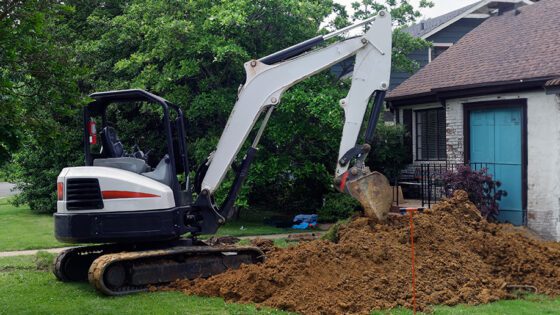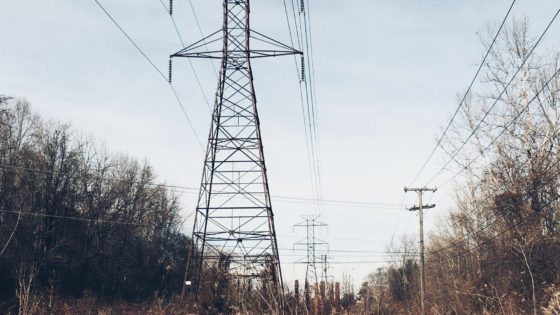Most people see the benefits of eminent domain in their everyday lives; land for new roads, parks, and schools are often obtained using the government’s power of eminent domain.
After all, the power of eminent domain is the power of the government to take your property for a public use upon the payment of reasonable or “just compensation.” As a member of the public, we all typically benefit when a private property is converted into a road, park or school.
But if you are the property owner whose property is being taken, the eminent domain process can be intimidating and the rules and procedures are stacked against you.
For instance, as a practical matter, did you know it’s possible for the government to take ownership of your land and start work on their project, all before you have agreed on how much you should be paid? (And in some instances, before you have been paid anything whatsoever?)
 How the government forcibly takes your property
How the government forcibly takes your property
Typically before condemning your land, the government is required to first offer you their estimate of the “just compensation” owed you for the land and property rights they need to acquire. This is true when the government takes all of your property, or just some of it. It’s also true when they acquire permanent or temporary easements, or any combination of the above.
The government will send you an offer letter, indicating what they believe is the fair value of the property and property rights they are taking, and how much they believe you’re owed for the damages to your remaining property (after the taking).
This letter is just an initial offer; you are free to counteroffer with what you believe to be the just compensation owed for the taking, or you can accept the government’s offer.
However, there are situations where the government’s offer is not fair and they won’t budge. In these cases, the government can force you to sell your property now, and put off deciding exactly what you should be paid until later.
So when does the government actually own your land?
The “date of taking”
When a condemnation is filed, the government must inform the property owner and local court which property and property rights are being taken. In the vast majority of cases, they must also deposit their estimate of just compensation with the local court.
The day these requirements are met is referred to as the “Date of Taking.” The Date of Taking is the day on which ownership of the condemned property is transferred from you to the government.
To be clear, the Date of Taking is the date that the government filed their complaint, declaration of taking and deposited their estimate of just compensation with the local court. The government’s estimate of just compensation will sit with the court until the owner(s) apply for it to be disbursed.
So essentially, the government now owns the land and their payment to you is tied-up at the courthouse.
But that’s not fair…Right?
Basically, this means the government takes the title to the land before the previous owners actually have any money for it their hands. This probably seems unfair to most people because it is unlike any normal buyer-seller relationship.
You wouldn’t expect to walk into a car dealership, write a check for what you think is fair, drive off with the car and force the dealer to sue you for what it thinks the car is worth. But essentially, that is what the power of eminent domain allows the government to do.
Understandably, property owners often don’t understand this process. Many (mistakenly) think that since they’re in a lawsuit with the government to determine the price of their property, they still own the land until the suit is resolved. Unfortunately this is not true.
A significant number of our clients call incensed that the government is on “their” land, building the new road and tearing down their improvements before the lawsuit is settled. They want us to “kick the government off their land.” Unfortunately (and counter intuitively) it’s not their land anymore; it’s the government’s land and their workers have a right to be there.
In most cases, the lawsuit is merely to determine what the value of just compensation is, or the exact extent of the taking. After the Date of Taking, the government owns the property described in its condemnation complaint and is allowed to do anything in accordance with those ownership rights.
Losing your land, but not your rights
There is usually not much a property owner can do to stop a project, but hiring an eminent domain attorney may help a property owner deal with situations like these that just don’t follow common sense.
An experienced eminent domain attorney can help ensure the government’s deposit of just compensation doesn’t sit with the court longer than necessary, and will fight to try to make sure that a property owner receives just compensation for their loss.
If you’re facing land condemnation, click here to tell one of our attorneys about your case. They’ll evaluate your situation (for free) and let you know if we can help.



